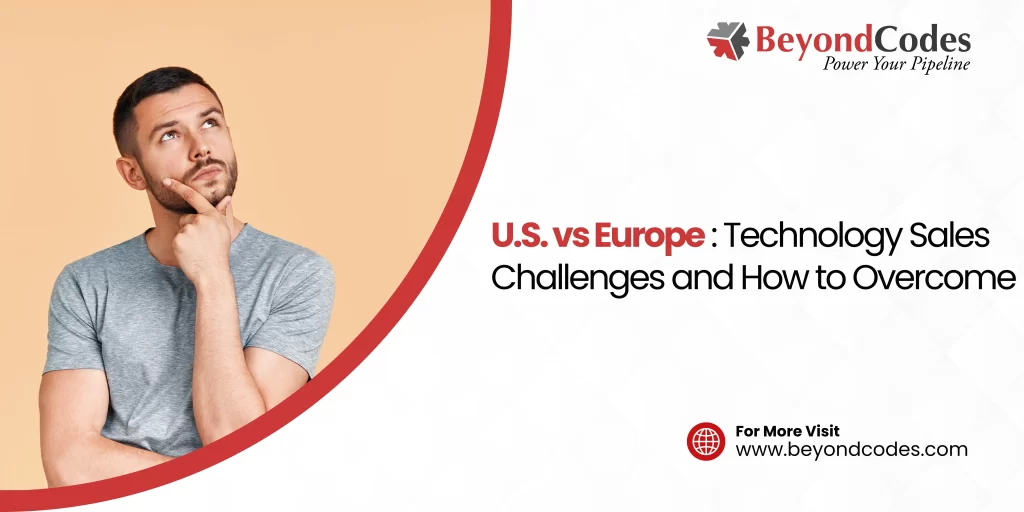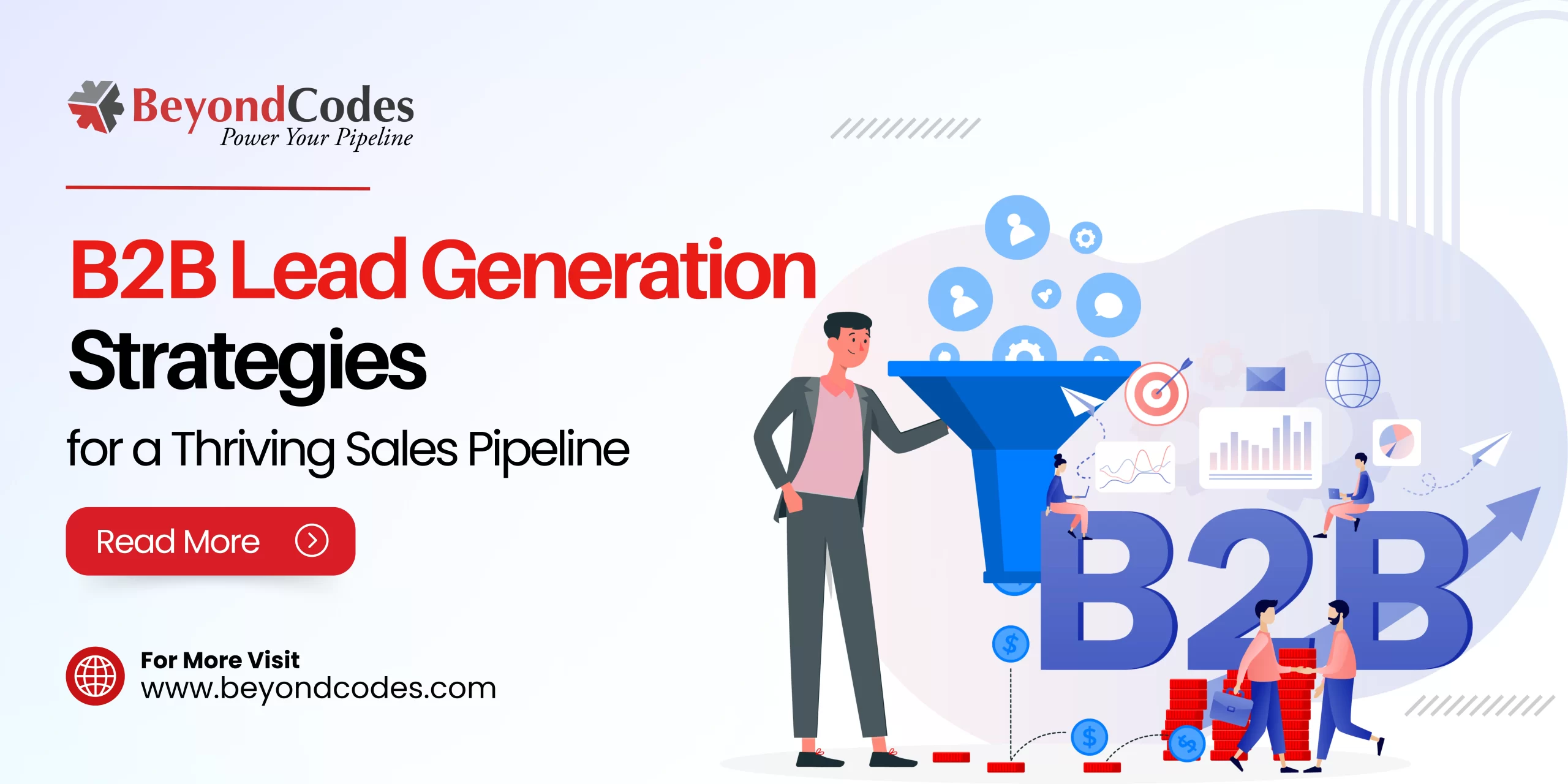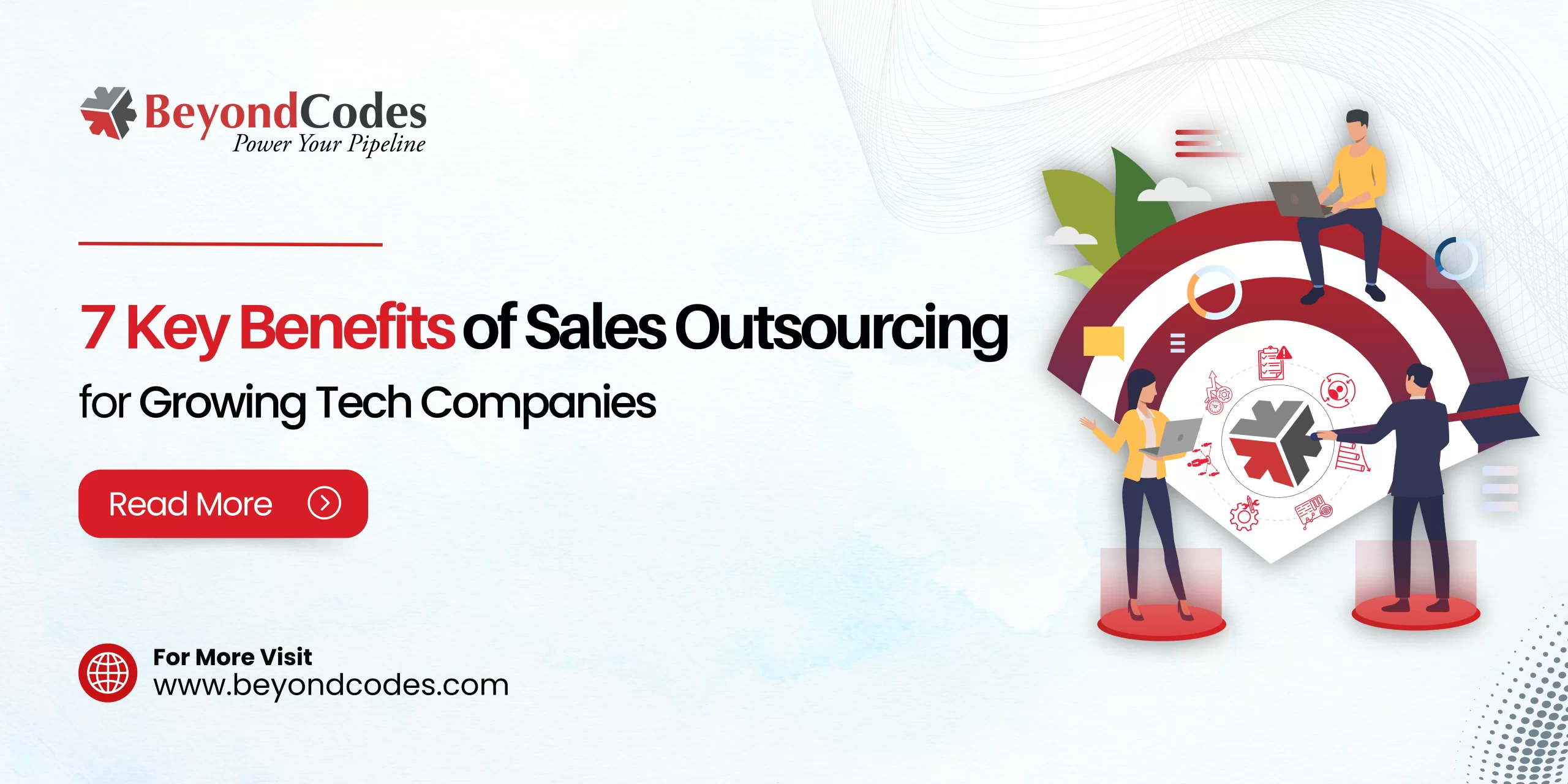If you have any experience in technology sales, whether it is from an I.T. company or product, you must have realized by now that not all deals are created equal. Software, in particular, has a lot of unique challenges.
The market is filled with options making it misleading, even inauspicious for consumers to start finding solutions for their problems. Secondly, huge money is required for technology upgrades, sometimes in billions, and it is never an easy purchase decision. Moreover, this software affects the day-to-day operations of a business. When you are trying to sell a software solution, all these things should be taken into consideration.
Either it is business development, channel sales, or go-to-market, there are significant differences in selling technology, and there is a strategy to succeed in technology sales in both different geographies chiefly the U.S. and Europe.
Technology sales in the U.S. are different compared to Europe. Here are a few differences along with some tips on how you can overcome the challenges related to technology sales in both these geographies.
Europeans prefer Numbers; Americans prefer Stories
Europeans like facts, numbers and data. You must provide numbers, metrics, and a clear business proposition. How exactly will your product affect their top and bottom line? Who were your past clients? It’s highly possible that you will have to “defend” your numbers, so make sure you have the data to back it up.
Americans like to hear a story, wow them with visuals or pitch a vision of transformation. American audiences are more open to a visual arrangement as a method of selling; they want to hear the story, see the expedition, and care about pioneering technologies. Accompany your story with a transformation journey that will inspire them.
Europe is Diverse in Region, Currency & Language; America is not so diverse
Whether you call it EMEA (Europe, Middle East and Africa) or EALA (Europe, Africa, and Latin America), you’re working with 50+ different countries, four continents, and 2000 native languages sales territories. Yes, most people speak English, but multi-language sales support adds a great deal of trust and reliability with your European customers. Even for English speakers, you have to show that you have achieved sales, distribution and success with the customers of that particular country – Germany, for example, is particular about demanding German client references to decide on you as a vendor. This can go as far as needing local data centres, so your clients can sleep well knowing their data is locally stored, compliant with E.U. law, and matches their country’s detailed data laws.
While both European and American companies have clients who are present globally, you are much more probable to find European companies who require multi-region, multi-currency, and multi-language support for the products and services they buy from you – purely because of geographic closeness to other countries.
Americans have risk-taking behaviour; European companies are risk-averse
Americans believe in Fast-paced innovation, risk-taking behaviour, and have faith in entrepreneurship. The technology saturation in the U.S. is primarily driven by highly innovative cultures of California and New York, which means that your clients and prospects are quite familiar with SaaS, machine learning, or even trusting small start-ups to get the work done. Those reasons mean that your U.S. clients will have less repulsion to big approaches in transforming I.T. within their company.
European firms are somewhat more risk-averse (therefore they depend on numbers/metrics) and are more acquainted with big consulting houses like Accenture, Deloitte & E.Y., handling their technology ventures. Once you’ve established industry familiarity, regional customer credibility, and done the mathematics right, you will probably have to engage in a pilot or POC (proof of concept) while marketing your technology. If you can take care of a small number of users on a particular use case, then only the company will have trust in your abilities to deliver large projects.
Building a sales team in this global world means hiring people who can easily adapt themselves based on the circumstances and pay attention to these differences. Beyond Codes has a team of diversified professionals with multi-cultural experiences who can help you enter any new geography of the world. Our multilingual telemarketing is country specific where the sales process is transformed according to the requirements of the natives.







